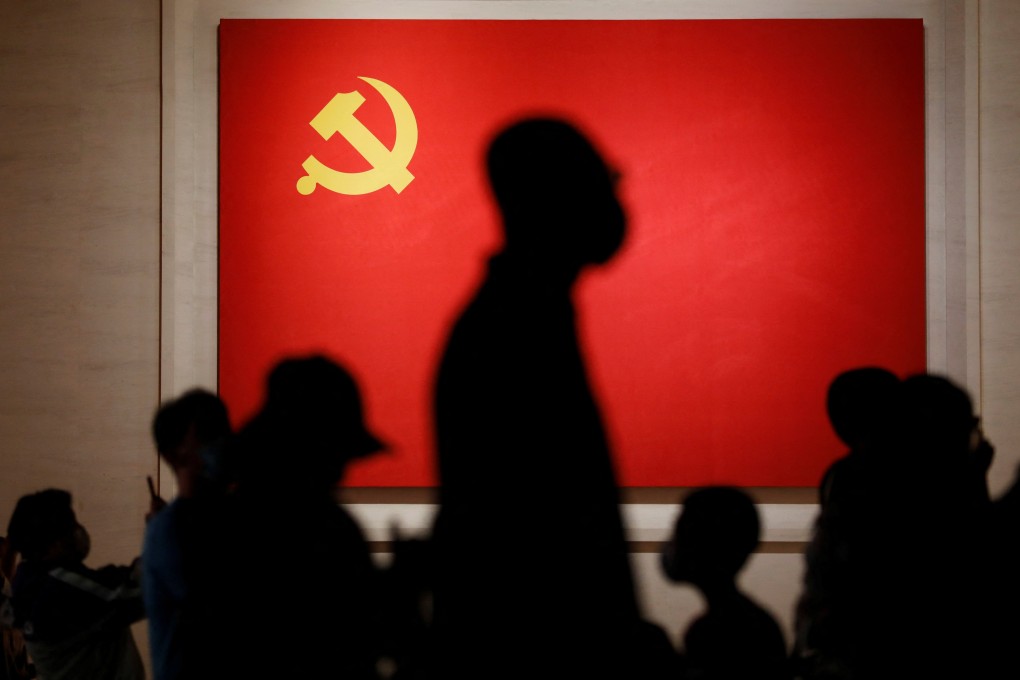Advertisement
China’s top corruption watchdog puts belt and road projects, rural strategy in the cross hairs
- CCDI to deepen campaign targeting ‘unhealthy practices and corruption’ in rural revitalisation and seek better integrity in belt and road projects
- In this year’s work report, graft buster also says it will focus on political security and improve supervision of the regions and across departments
Reading Time:2 minutes
Why you can trust SCMP
2

Fighting corruption related to the Belt and Road Initiative and China’s rural revitalisation strategy will be among the priorities for the country’s top graft buster this year.
That is according to the Central Commission for Discipline Inspection’s work report for 2024, which was released in full by state news agency Xinhua on Sunday – two months after it was delivered by CCDI chief Li Xi during a plenary session.
The report said the CCDI would this year coordinate crackdowns both at home and overseas. It said the graft buster would deepen a campaign targeting “unhealthy practices and corruption” in rural revitalisation, and seek better integrity in belt and road projects.
Advertisement
The global, trillion-dollar trade and infrastructure programme and the rural revitalisation strategy are both signature policies of President Xi Jinping.
It comes after Li in November said China was committed to a “clean Silk Road” when he met his Vietnamese counterpart Tran Cam Tu in Beijing. The belt and road scheme is sometimes referred to as the “New Silk Road”, and the pledge to keep it free of bribery and corruption was seen as a response to concerns from the West about the integrity of the projects.

The rural revitalisation strategy follows on from Xi’s poverty alleviation campaign, after Beijing declared victory in the battle to end extreme poverty in 2020. It aims to make farming more efficient, and for rural areas to be more liveable and their residents better off. To do this, Beijing has poured billions of yuan into building infrastructure to improve market access to agriculture and public services, and to fix problems such as pollution.
Advertisement
Advertisement
Select Voice
Choose your listening speed
Get through articles 2x faster
1.25x
250 WPM
Slow
Average
Fast
1.25x